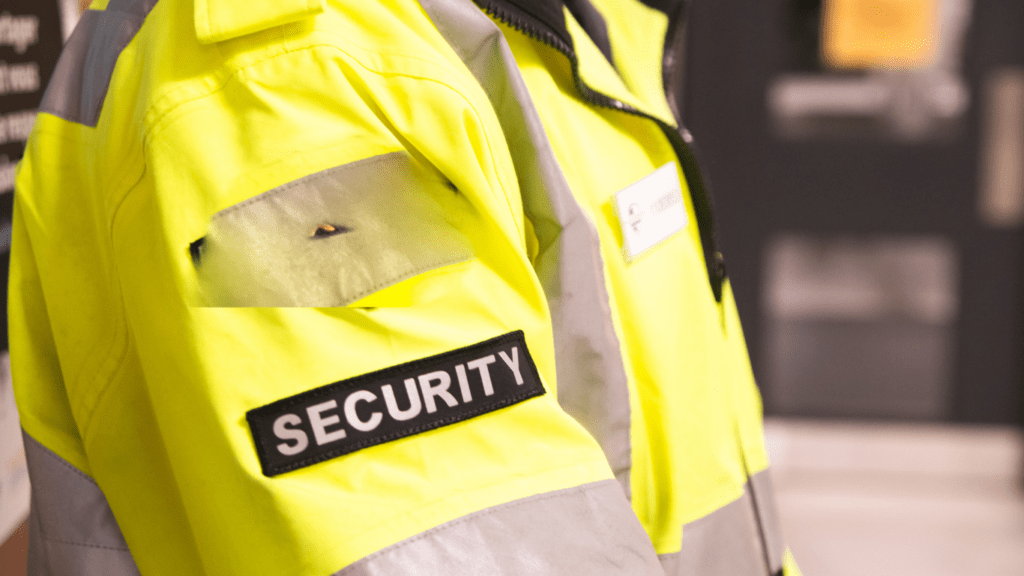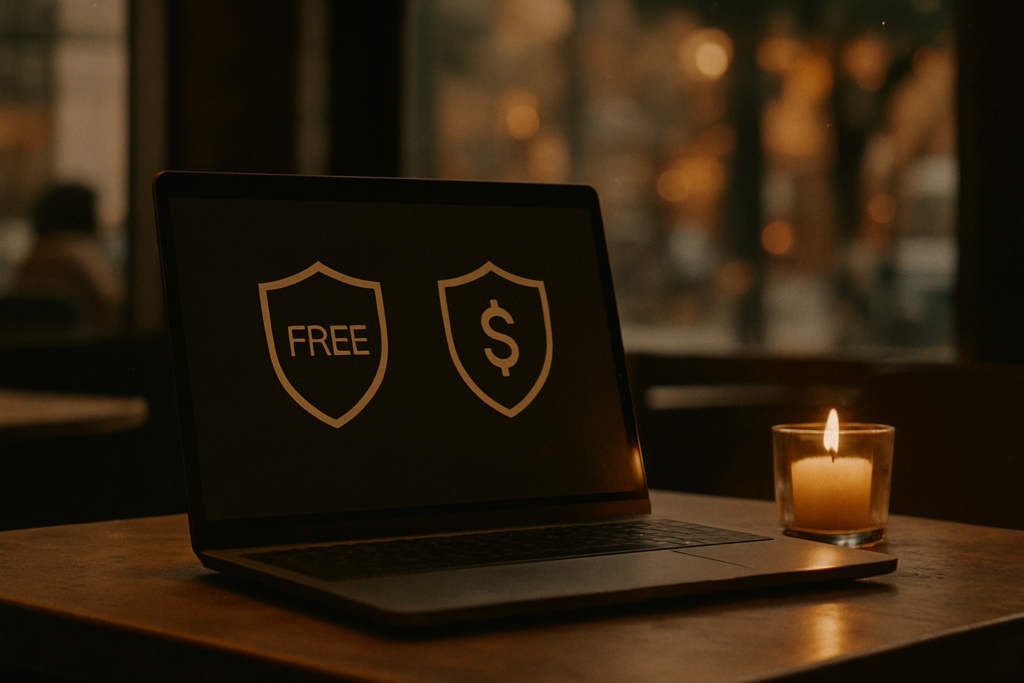In today’s digital age, safeguarding our online data is more crucial than ever. When it comes to protecting sensitive information from prying eyes and potential cyber threats, Virtual Private Networks (VPNs) play a vital role. As an experienced blogger, I’ve delved into the world of cybersecurity to uncover how VPNs serve as a shield for your data in the vast landscape of the internet.
By encrypting your internet connection and routing it through secure servers, VPNs create a secure tunnel that shields your data from hackers and other malicious entities. As I’ll explain in this article, understanding how VPNs work can empower you to take control of your online privacy and security. Join me as we explore the mechanisms behind VPNs and how they keep your valuable data out of harm’s way in the digital realm.
Understanding VPNs
When it comes to understanding VPNs, it’s essential to grasp the fundamental concept behind these powerful tools. VPNs, or Virtual Private Networks, are like secure tunnels that encrypt your online activities, making it difficult for hackers or malicious users to intercept your data.
With VPNs, I can browse the internet anonymously and securely. VPN providers offer servers located in various parts of the world, allowing me to mask my actual location and browse as if I’m in a different country. This feature is especially useful when accessing geo-restricted content or when I want to enhance my online privacy.
Moreover, VPNs use advanced encryption protocols to ensure that all data passing through their servers remains encrypted and secure. This means that even if someone manages to intercept the data, they won’t be able to decipher it without the encryption key.
In a nutshell, VPNs are invaluable tools in today’s digital landscape, providing a secure and private online experience for individuals and businesses alike.
Benefits of Using a VPN
Data Encryption
As an expert in online security, I know that one of the key benefits of using a VPN is the robust data encryption it provides. With a VPN, all my online activities are encrypted, ensuring that my sensitive information is protected from hackers who may try to intercept and steal my data. This encryption process creates a secure tunnel that shields my data from any unauthorized access, making it a vital tool in today’s digital landscape.
Anonymity and Privacy
When it comes to online privacy, VPNs are my go-to solution. By using a VPN, I can browse the internet anonymously, keeping my actual location and identity hidden from prying eyes. This anonymity not only protects my online actions from surveillance but also safeguards my personal information from potential data breaches. With a VPN, I feel confident that my privacy is paramount, allowing me to navigate the online world securely and privately.
Access to Geo-Restricted Content
Using a VPN also grants me access to geo-restricted content that would otherwise be unavailable in my region. By connecting to servers located worldwide, I can bypass geographic restrictions and unlock a world of content, including streaming services, websites, and online resources. This freedom to access geo-blocked content expands my online experience, providing me with a broader range of information and entertainment options. With a VPN, the internet’s boundaries disappear, offering me seamless access to a diverse array of online content.
VPN Protocols and Security Measures

When it comes to VPNs, there are several protocols and security measures in place to ensure the protection of your data from potential threats like hackers. These protocols play a vital role in establishing secure and encrypted connections for safe online browsing. Here are some common VPN protocols used to enhance security:
- OpenVPN: This open-source protocol is widely regarded for its strong encryption capabilities and overall security features. With OpenVPN, data is encrypted using OpenSSL libraries, providing a high level of protection against cyber threats.
- IPSec (Internet Protocol Security): IPSec operates at the network layer, offering secure communication through encryption and authentication protocols. It’s commonly used in conjunction with other VPN protocols to create a secure VPN tunnel.
- L2TP/IPSec (Layer 2 Tunneling Protocol with IP Security): This protocol combines the best features of L2TP and IPSec to provide a highly secure connection. While it may not be the fastest protocol, it offers robust security for safeguarding sensitive data.
To further enhance security, VPN providers implement additional measures to protect users’ data:
- Kill Switch: A kill switch is a crucial feature that automatically cuts off internet access if the VPN connection drops unexpectedly. It prevents data leaks and ensures that your online activities remain private even during connection disruptions.
- Multi-Factor Authentication (MFA): MFA adds an extra layer of security by requiring users to provide multiple forms of verification before accessing their VPN accounts. This significantly reduces the risk of unauthorized access to sensitive information.
- No-Log Policy: A strict no-log policy means that the VPN provider does not monitor or store users’ online activities. By maintaining minimal to no logs, VPN companies ensure that your data remains confidential and cannot be used for tracking or surveillance purposes.
By leveraging these VPN protocols and security measures, users can take proactive steps to safeguard their data and maintain a secure online presence, protecting their privacy and anonymity while browsing the internet.
Common Misconceptions About VPNs
- Misconception 1: VPNs Slow Down Internet Speeds
While some VPNs may cause a slight decrease in internet speed due to the encryption process, modern VPN services are designed to minimize this impact. I use a reputable VPN that offers high-speed servers, ensuring that my internet connection remains fast and reliable even while using the VPN. - Misconception 2: VPNs Are Only for Tech-Savvy Individuals
Contrary to popular belief, VPNs are user-friendly tools that anyone can use, regardless of their technical expertise. I find VPN applications to be intuitive and easy to set up, making it simple for me to activate the VPN protection with just a few clicks. - Misconception 3: VPNs are Illegal
Using a VPN is entirely legal in most countries, including the US. VPNs are commonly used for enhancing privacy and security online, protecting users’ data from potential threats. I utilize a VPN to ensure my sensitive information remains secure while browsing the web, without any legal implications. - Misconception 4: VPNs Offer Complete Anonymity
While VPNs provide an extra layer of anonymity by masking your IP address, it’s essential to note that they do not guarantee complete anonymity. I am aware that my online activities can still be traced back to me through other means, such as logging into personal accounts or revealing identifiable information. - Misconception 5: Free VPNs Are as Secure as Paid VPNs
It’s crucial to understand that free VPN services may not offer the same level of security and privacy as paid VPNs. I prefer subscribing to a reliable paid VPN service that prioritizes data encryption, strict no-logs policy, and robust security features to ensure my online data remains protected from potential cyber threats.



